Found 29 movies, 0 TV shows, and 0 people
Can't find what you're looking for?
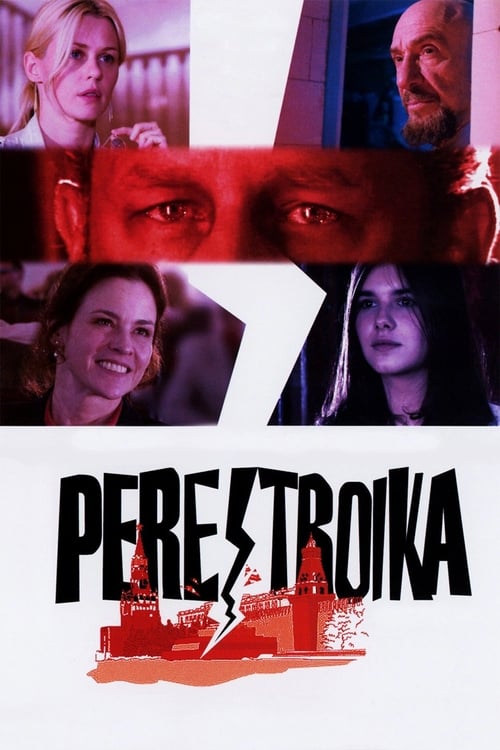
Top astrophysicist Sasha Greenberg has spent the past 17 years working in the United States. An invitation to speak at a Congress on Cosmology in his native Moscow brings him home for the first time to confront colleagues, and unanswered personal questions. As Russia undergoes perestroika, public and private lives are radically re-assessed and Sasha sees the social and sexual upheavals as a crisis
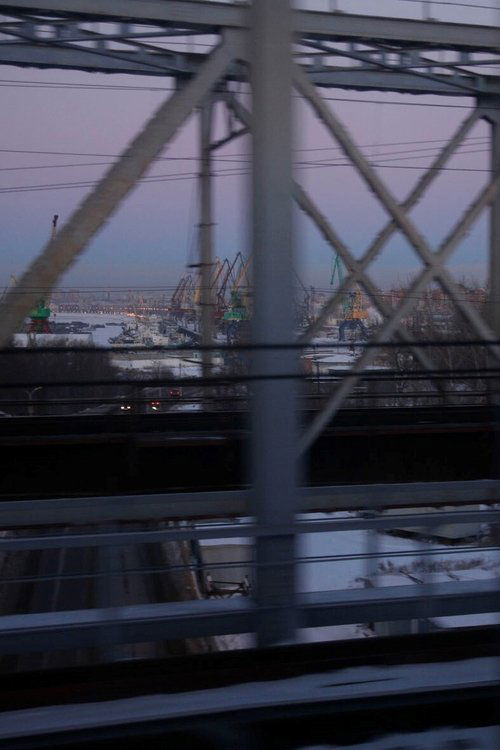
Sarah Turner's film is a ghost story that explores what we forget and how we remember. The stunning imagery comes solely from the window of the Trans-Siberian train, shot first in 1987-8 and then again in 2007-8. The re-enactment of the journey is a memory work, a re-enactment of the past in the present through the process of filming. But the return journey is haunted by the voices of two dead friends that dominate the soundscape of the 'archive' footage.
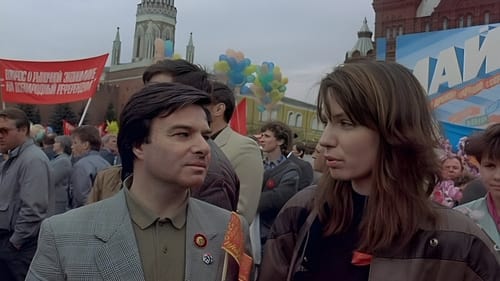
Three young Soviet women encounter a French filmmaker who is planning the first erotic film since the October Revolution.
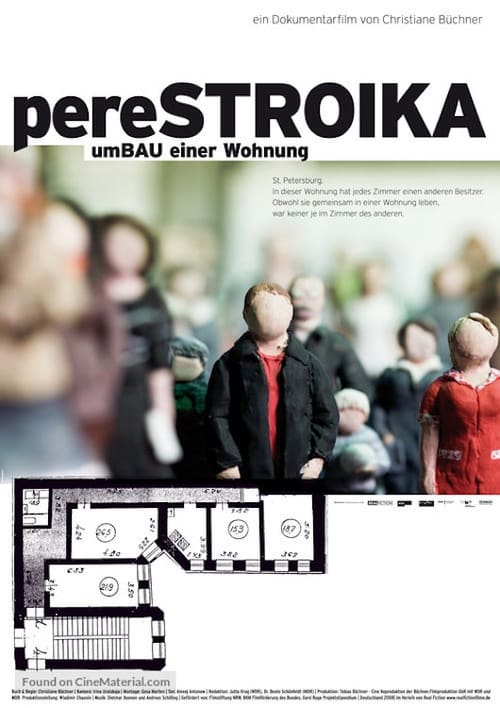
In a St. Petersburg apartment, every room belongs to a family. The four families share the kitchen and bathroom in shifts. One family decides to sell their room and money hungry agents try to sell everyone else's rooms as well.

A modernized comedy of Branislav Nusic's novel, about the life and work of a "small manufacturer", his professional and familial relations.
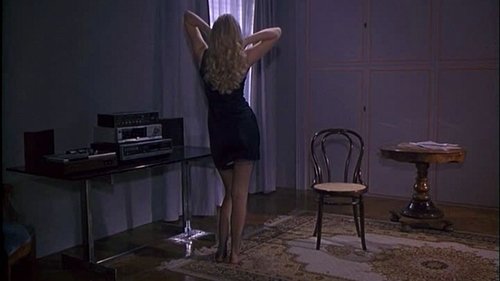
Three friends, Fulvio, Marco and Filippo who are employed in a company that sells agricultural machinery are working under contract in socialist Bulgaria. Seeking entertainment, they are introduced to three Bulgarian beauties...

Art, dance, music and theater know no boundaries and do not need any language other than the language of art. In times of Glasnost and Perestroika in Russia it went well in the field of cultural relations between the Netherlands and Russia. At the time, an intense collaboration developed between the Dutch and Russian artists, resulting in friendships that continue to this day.

In the second part, Perestroika, Prior, Joe, Louis, Harper, and Roy continue to navigate love, loss, and loneliness in their attempts to pick up the pieces and find comfort in a chaotic world. Their stories quickly intertwine, as unlikely relationships emerge and develop.

This film chronicles a 1989 trip made by a group of labor historians to Donetsk, Ukraine after the first mass strike in the USSR since the 1920s. Prepared to videotape interviews with retired workers, they unexpectedly gained access to the coal miners who had just concluded their historic strike. PERESTROIKA FROM BELOW presents the miners' story through their own voices. With passion and remarkable candor, the strikers - often Communist Party members - express their dissatisfaction with their corrupt union, providing sharp contrast to the propaganda films edited into this program. At the workers' last meeting, miners challenge their long-time union boss on vacations, housing, even refrigerators. Demanding accountability, workers attack their leaders for abusing privilege. When they show little remorse, the miners take action.

Arkady Ruderman (along with cameraman Yuri Gorulev) still shot his film about Chagall, but the figure of Chagall himself remained, as they say, "behind the scenes." At the center of the plot was the story of the dismissal of the editor of the Belarusian Soviet Encyclopedia, Irina Shelenkova, who did not agree with the gross falsification of data on the life and work of M. Chagall in an article for the fifth volume of the Encyclopedia of Literature and Art of Belarus, proposed for publication by the same V.Begun.
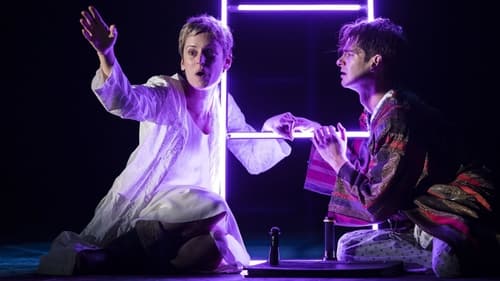
America in the mid-1980s. In the midst of the AIDS crisis and a conservative Reagan administration, New Yorkers grapple with life and death, love and sex, heaven and hell. This new staging of Tony Kushner's multi-award winning two-part play, Angels In America: A Gay Fantasia On National Themes, is directed by Olivier and Tony award winning director Marianne Elliott.
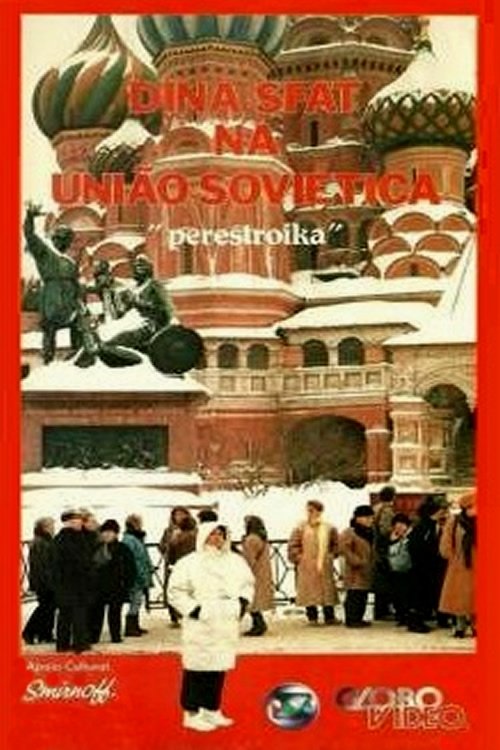
No description available for this movie.
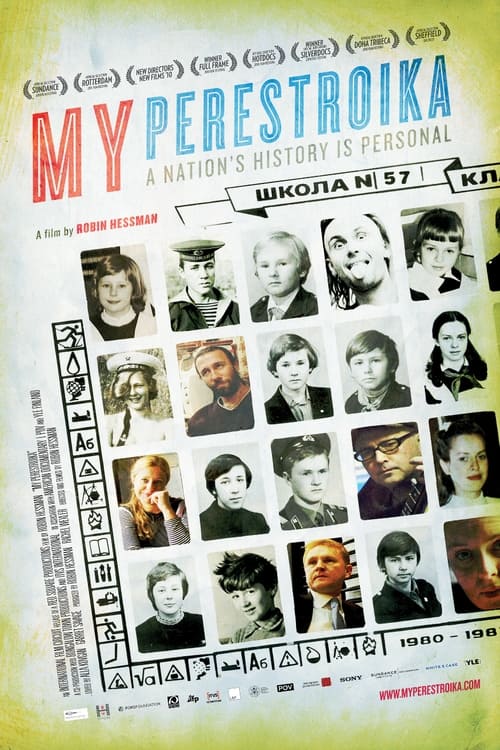
Tells the story of five people from the last generation of Soviet children who were brought up behind the Iron Curtain. Just coming of age when the USSR collapsed, they witnessed the world of their childhood crumble and change beyond recognition. Through the lives of these former schoolmates, this intimate film reveals how they have adjusted to their post-Soviet reality in today's Moscow.

Re-mixes and extends Perestroika (2009) into two sequences. Sequence one constritutes the 2009 version, while the second sequence constructs a new framing narrative that reinterprets and reconfigures both the imagery and the experience of the first. Part psycho-geography, part dream and part environmental allegory.
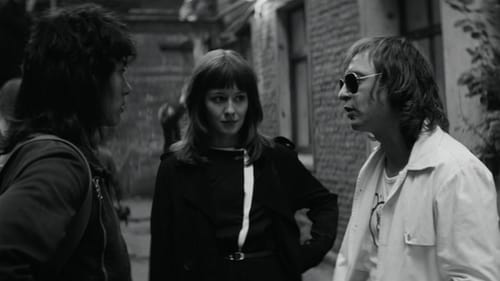
Leningrad, one summer in the early eighties. Smuggling LPs by Lou Reed and David Bowie, the underground rock scene is boiling ahead of the Perestroika. Mike and his beautiful wife Natasha meet with young Viktor Tsoï. Together with friends, they will change the destiny of rock’n’roll in the Soviet Union.
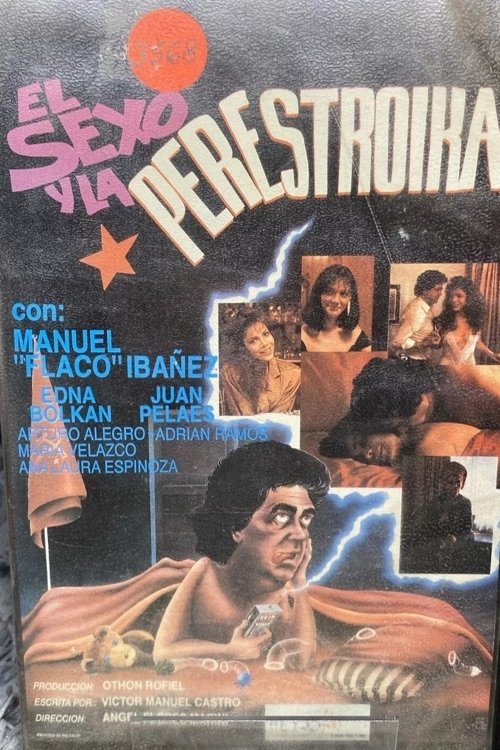
Mexican feature film
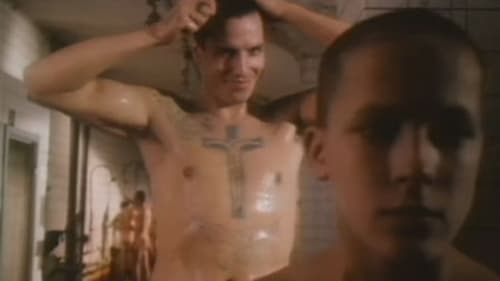
A young boy loses his innocence in a pre-perestroika Russian prison during the chaotic last months of the Khrushchev regime

No description available for this movie.

Vera is a troubled teenager fresh out of school feeling trapped in her provincial port town during the turbulent times of perestroika. Her days and nights are filled with drinking, sex, and family dysfunction.
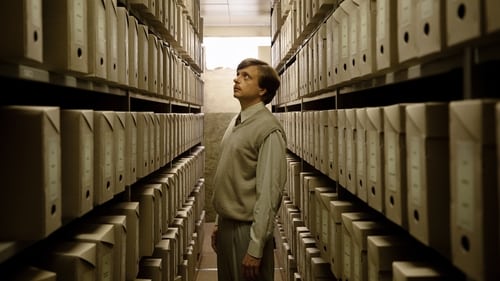
30 years ago, Switzerland was shaken by a scandal that seems to have already been forgotten: more than 900,000 people were surveilled because of their political convictions. Against the backdrop of this "secret files scandal," Micha Lewinsky sets his film. Conscientious policeman Viktor Schuler is tasked by his superior to infiltrate the Schauspielhaus, a renowned Zurich theatre, in order to keep an eye on its leftist scene. However, Viktor finds himself quite taken with the artist's life and falls in love with the subversive actress Odile Lehmann.
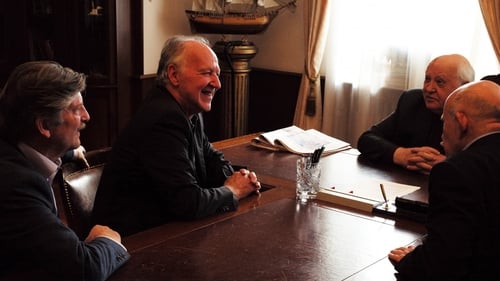
Mikhail Gorbachev, former president of the Soviet Union, sits down with filmmaker Werner Herzog to discuss his many achievements. Topics include the talks to reduce nuclear weapons, the reunification of Germany and the dissolution of his country.
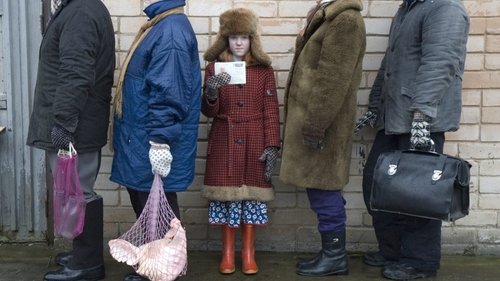
A different history of the Cold War: how Estonians under Soviet tyranny began to feel the breeze of freedom when a group of anonymous dreamers successfully used improbable methods to capture the Finnish television signal, a window into Western popular culture, brave but harmless warriors who helped change the fate of an entire nation.
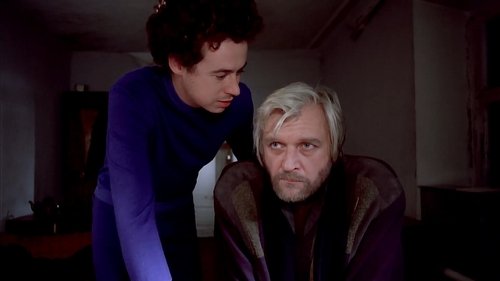
After perestroika in the Soviet Union there is a total collapse of the Soviet system, which leads to chaos in the country. The protagonist of the film, a foreign student, after graduation does not want to return to his country because of the military coup that took place there. But the Soviet government gave clear deadlines for him to leave the country.

Existential drama taking place in the midst of Perestroika.
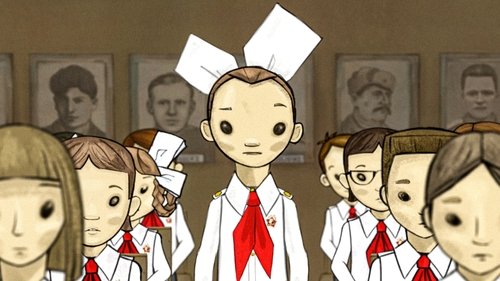
Ilze Burkovska, a little girl who is obsessed with stories of World War II and will be a filmmaker in a distant future, lives in Latvia under the totalitarian boot of the Soviets and the ominous shadow of the many menaces and horrors of the Cold War.
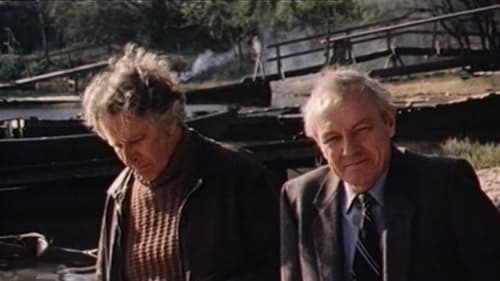
The Red Arrow is the special train No.1 between Leningrad and Moscow. The film is set in the 1980s during perestroika in the Soviet Union. Kropotov (Lavrov) is communist CEO of a big industrial company in Leningrad. He is crafty and successful in getting a major order from the Soviet Government; building an automated assembly line. But his style of management clashes with his subordinates, talented engineers. Their potential is strangled by Kropotov's manipulative control. The government order is not accomplished and Kropotov gets fired. He is rethinking his outdated business style while on the train No.1 to Moscow.
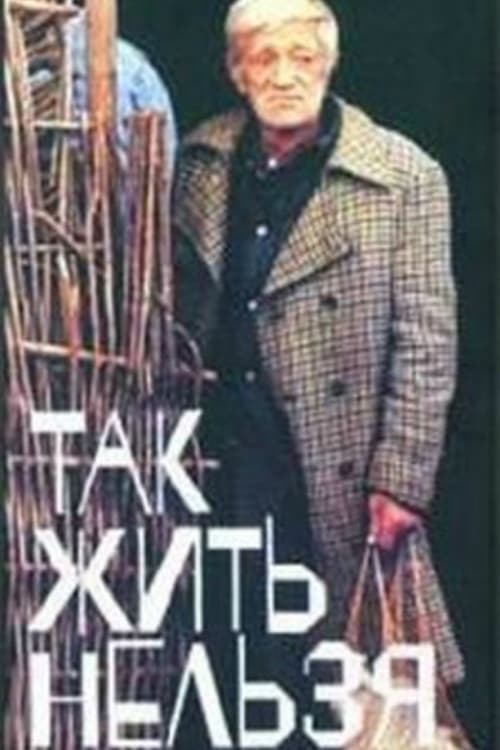
A film about the sociopolitical condition of the Soviet society at the end of the eighties.

The year of 1988 in Estonia was exceptional - it came as a surprise for everyone that all of a sudden national symbols were allowed; expressions of no confidence were addressed towards the leaders of Communist Party and Estonian government; the Popular Front of Estonia and Estonian Green Movement but also the Intermovement (the Workers International Movement of the Estonian Soviet Socialist Republic) were founded. Estonian Heritage Society restored the monuments of the War of independence; the facts about war crimes during the Stalinist regime were disclosed and - imagine that! - the representatives of Estonian Republic went against the central authorities in Moscow. Events in Estonia draw international attention. Is all this possible in a totalitarian state? This documentary chronicle gives a plausibe interpretation of the events that took place in Estonia in 1988, of the changes in people's lives and the awakening after a 48-year-long period of darkness.
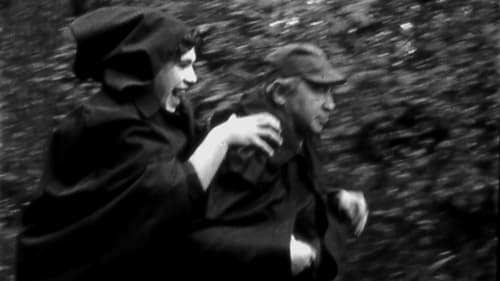
The film "Nights full moon" shows the tendency of moral decay in society. The main character is torn apart by internal contradictions, leading him to the path of Evil. Bans on self-identification - philosophical, existential, sexual, and then permissiveness spawn a monster that is not aware of its true nature and genuine desires. Throughout the film-trilogy, the protagonist goes through a series of temptations that ruin his soul and lead, after all, to a madhouse. In a general sense, the film allegorically shows the tragic path of the Russian lumpen intellectual, lost between the past and the present, not finding the strength to accept and comprehend the unexpected changes that happened in our country twenty years ago. In the global sense - the tragic circle of Russian history.